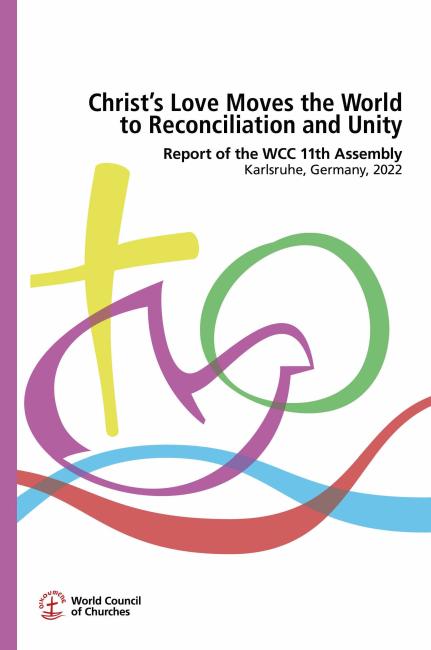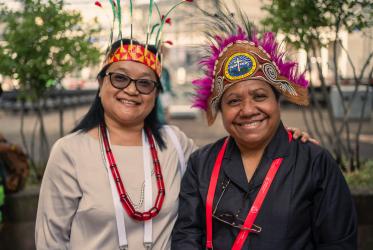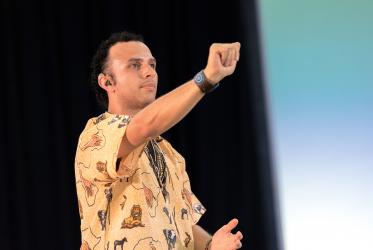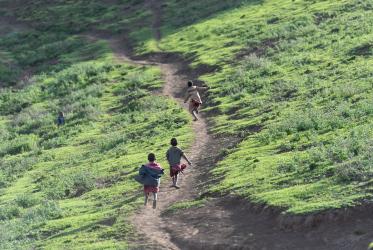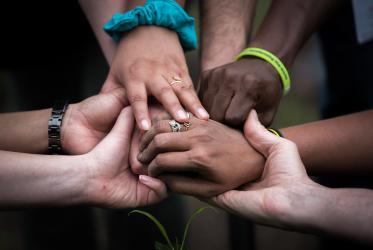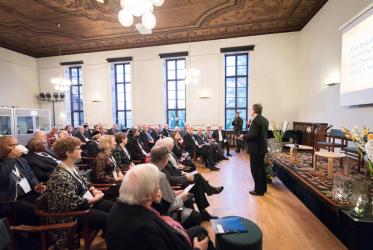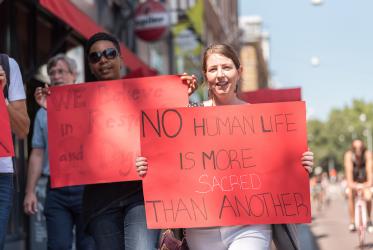Displaying 1 - 20 of 61
Thirty days that changed the ecumenical movement
23 October 2023
Christian communicators work to counter hate speech against refugees
10 December 2018
US Catholic bishops approve pastoral letter against racism
19 November 2018
WCC Executive Committee envisions future for one ecumenical movement
08 November 2018
WCC executive committee tackles public issues
07 November 2018

